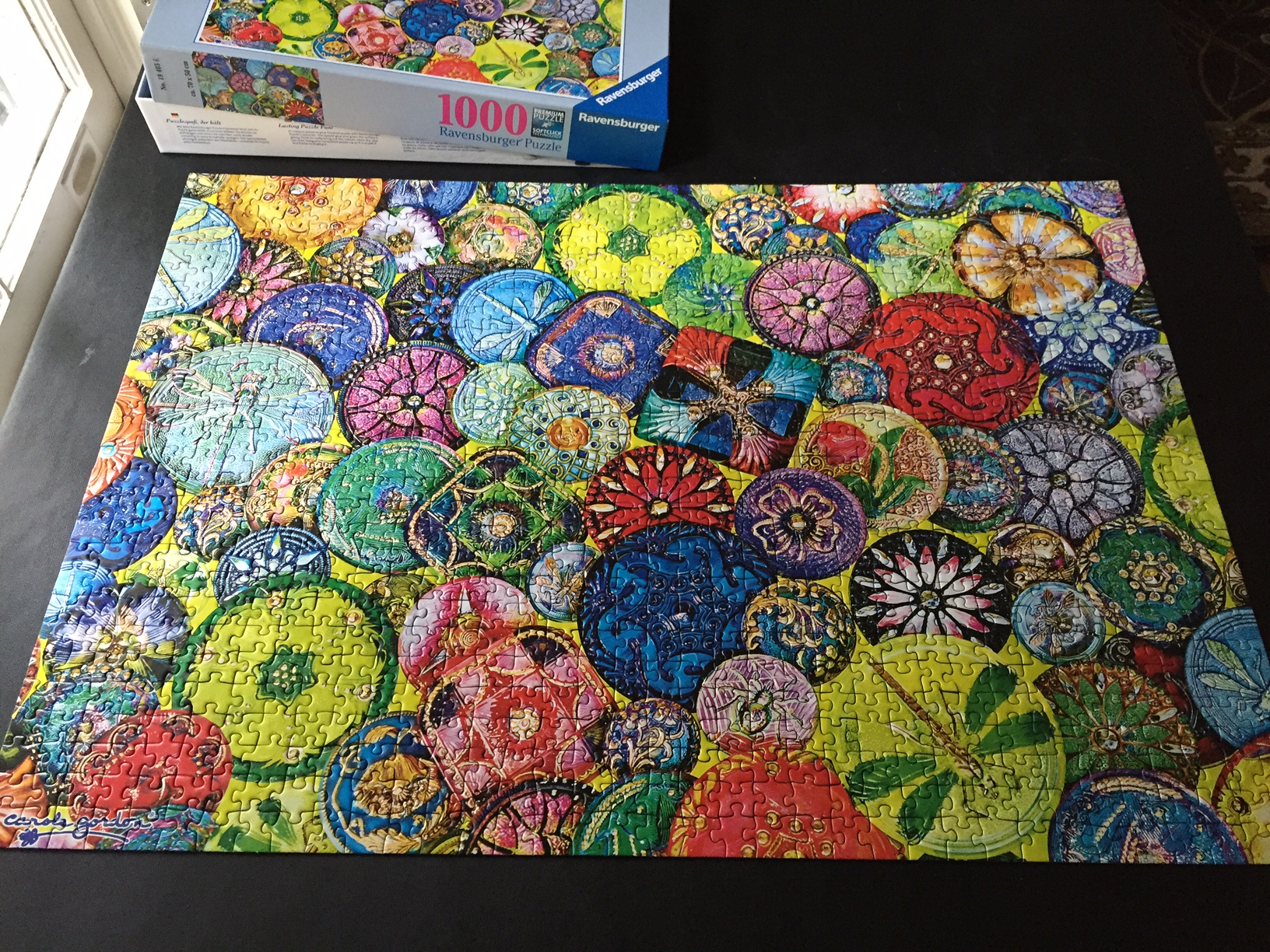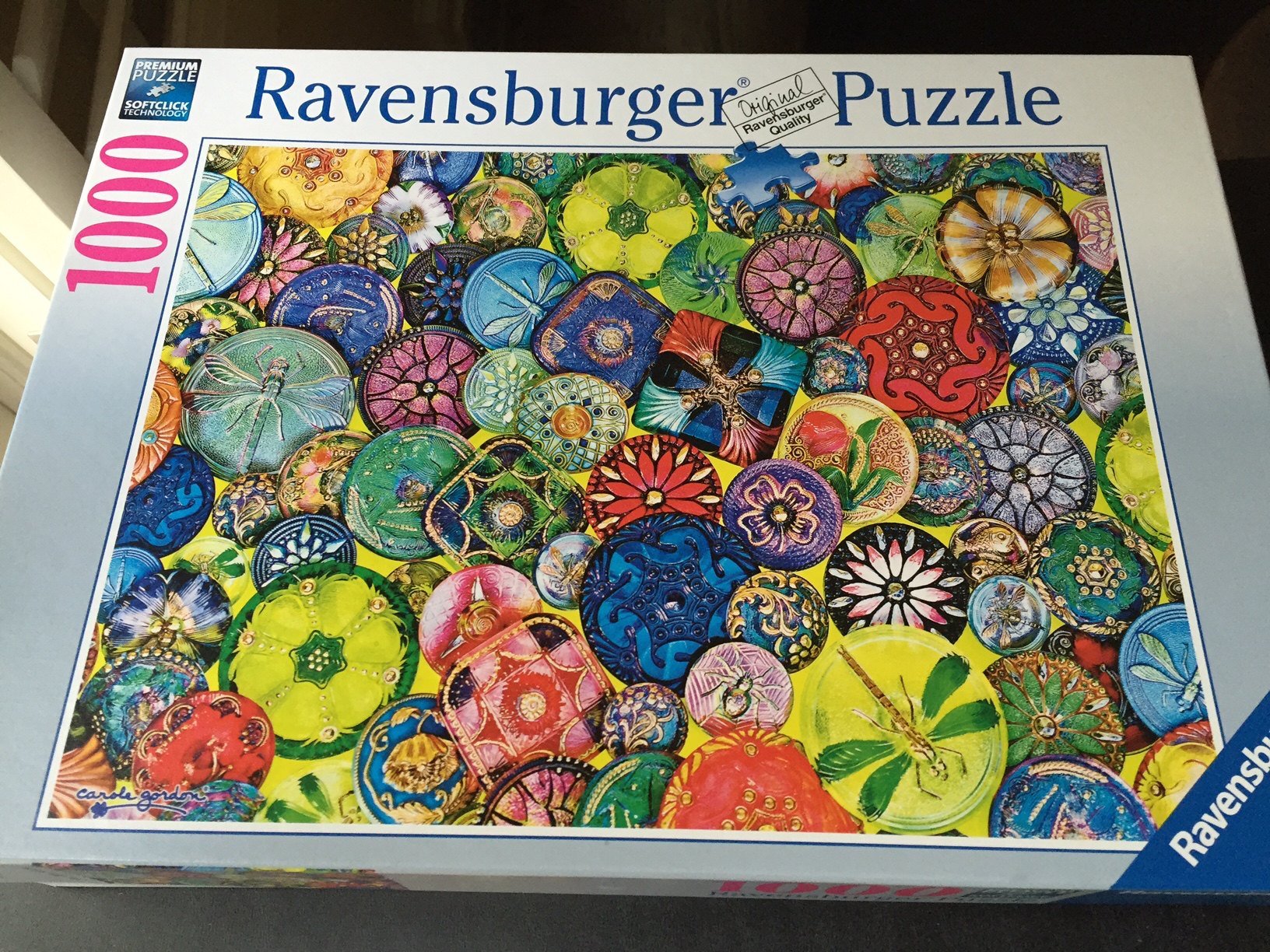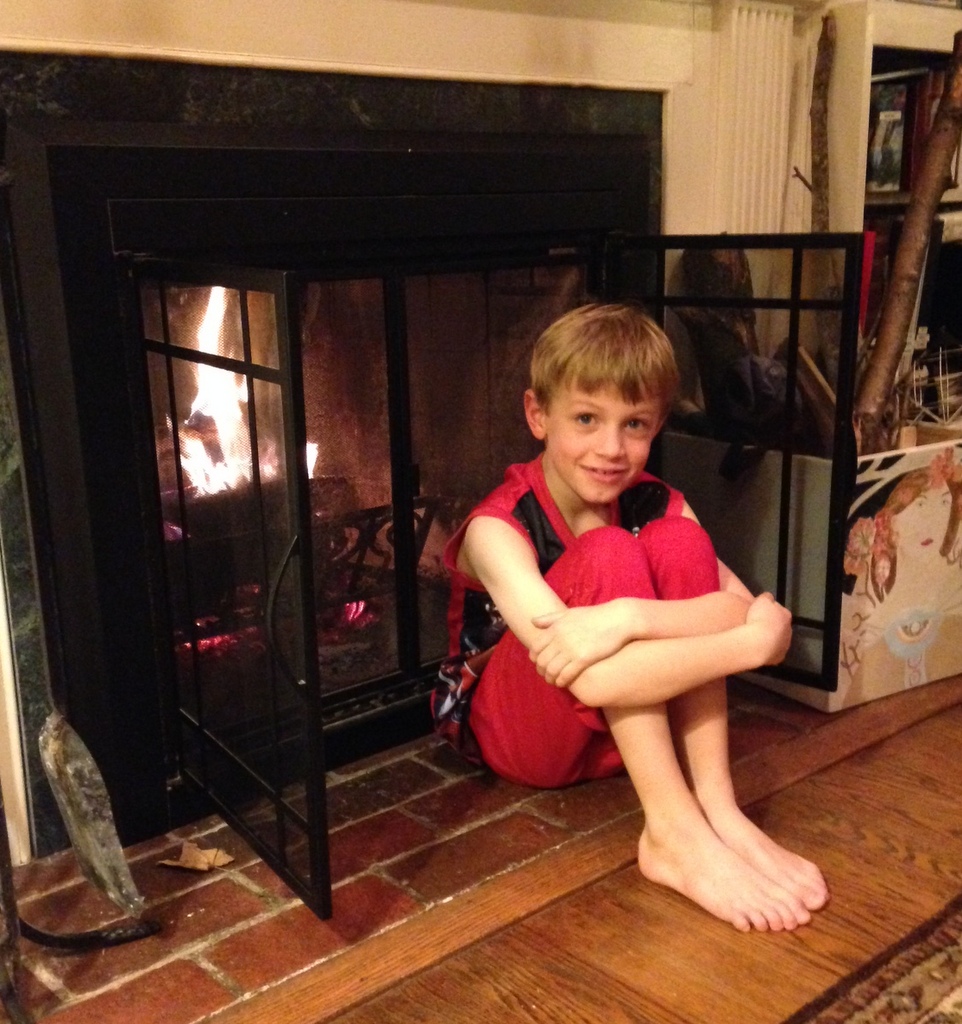Puzzling
/You might just know that I love puzzles. I always have. My favorite one during childhood was Verticalville II. Elia, my sister, and I must have completed it two dozen times.
A few years back, after the pneumonia-induced staycation that ushered in my renewed mania for puzzles, I managed to find on eBay, an unopened, original Verticalville II. I bought it immediately, ostensibly for the boys.
Oliver doesn't much care for puzzles, but Jack is a big fan, and though he and I prefer 1,000-piecers, we've done Verticalville II -a mere 500- twice or three times since I bought it. He loves it like I do, because it's challenging but not too much so and delightfully illustrated.
Nanny enjoyed puzzles before her hands and eyes failed her. She loved landscapes: fall foliage, say, or a Christmas scene. Those aren't my bag, but since she died, the kids, Mom and I have put a few of her old ones together during visits to Lake Charles, and I always feel so happy to do so. I miss her.
I used to puzzle in my basement, but after Nutmeg employed two box tops full of inside pieces as his litter box, I've moved upstairs, by a window in my front room. My one nice room, as the kids know. There sits a decent-enough card table and a much nicer folding chair that doubles as an extra dining seat when we have more than six for dinner.
Last night, Jack and I wrapped up this one: Fancy Buttons or some such name, a 1,000-piece by Ravensburger. It was really a near-perfect puzzle. Tough but not like the one of the snowy owl that made you want to tear your hair out and pitch the endless white pieces into the nearest fireplace. Colorful and interesting enough to keep you engaged, even during the periods of slow progress.
That's one thing I like about puzzles. They don't mind waiting if I need to take a break from them. Nothing is urgent except, perhaps, for my desire to get back to the one at hand.
Puzzles can take full concentration or allow me to feel mindfully absent. Sorting edge pieces, for example, takes little effort, but figuring out which of four identical green circles this or that piece fits into requires a great deal more focus.
While puzzles are both random and orderly, it is always true that many pieces comprise the whole, and absent the box-top photo, you're never completely sure about what the jig is going to look like until you slot the last piece in.
Isn't that rather like life? And parenting?
Clues litter the paths we can take. Colors, shapes, parts of words and phrases, experiences, mistakes. All guide us forward, clearly or not remotely so. Some days feel successful, some feel like trapdoors that push us back to the starting point. Sometimes puzzles, life, are frustrating. We throw up our hands and stalk off. But sometimes, we hit our strides, and our shoulders life with the sense of accomplishment.
We move forward, with blind faith, determination, youthful joy and even some trepidation about what might appear when we slot the next piece correctly. When we reach the next milestone, successfully teach or learn the next skill.
While some puzzles are whimsical flights of fancy, not unlike a choose-your-next-step adventure book, others are lithographs of life, snapshots of time and place taking shape before your eyes.
The obvious difference of course is that a puzzle, once done, can be broken apart and tucked away for later, left to gather dust on a shelf. A goal accomplished.
Life isn't so neat. Parenting isn't ever really done. But in both, the beautiful parts are essential to the whole, and I find that lovely indeed.



